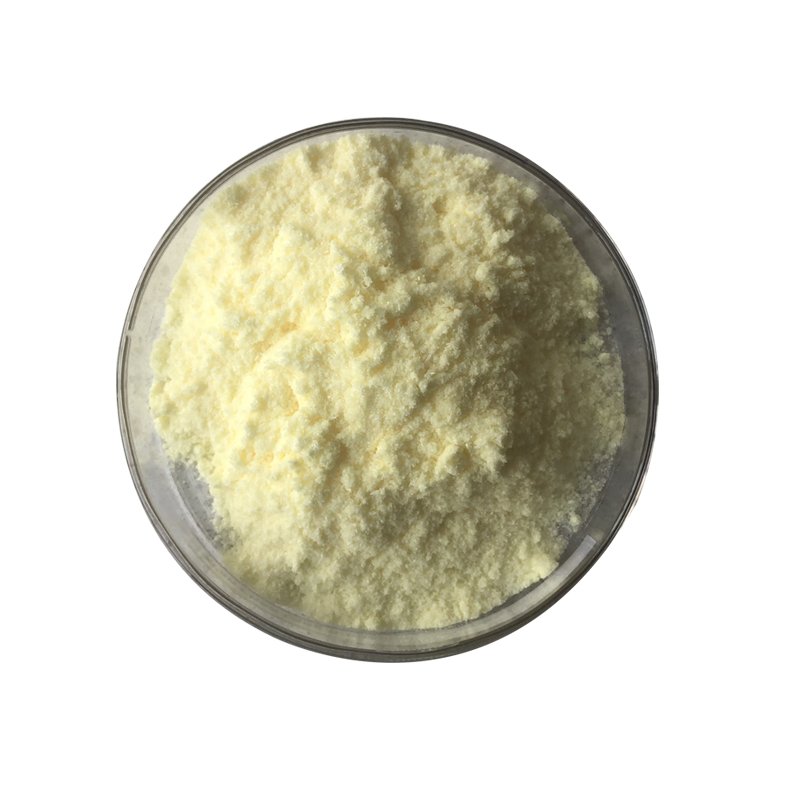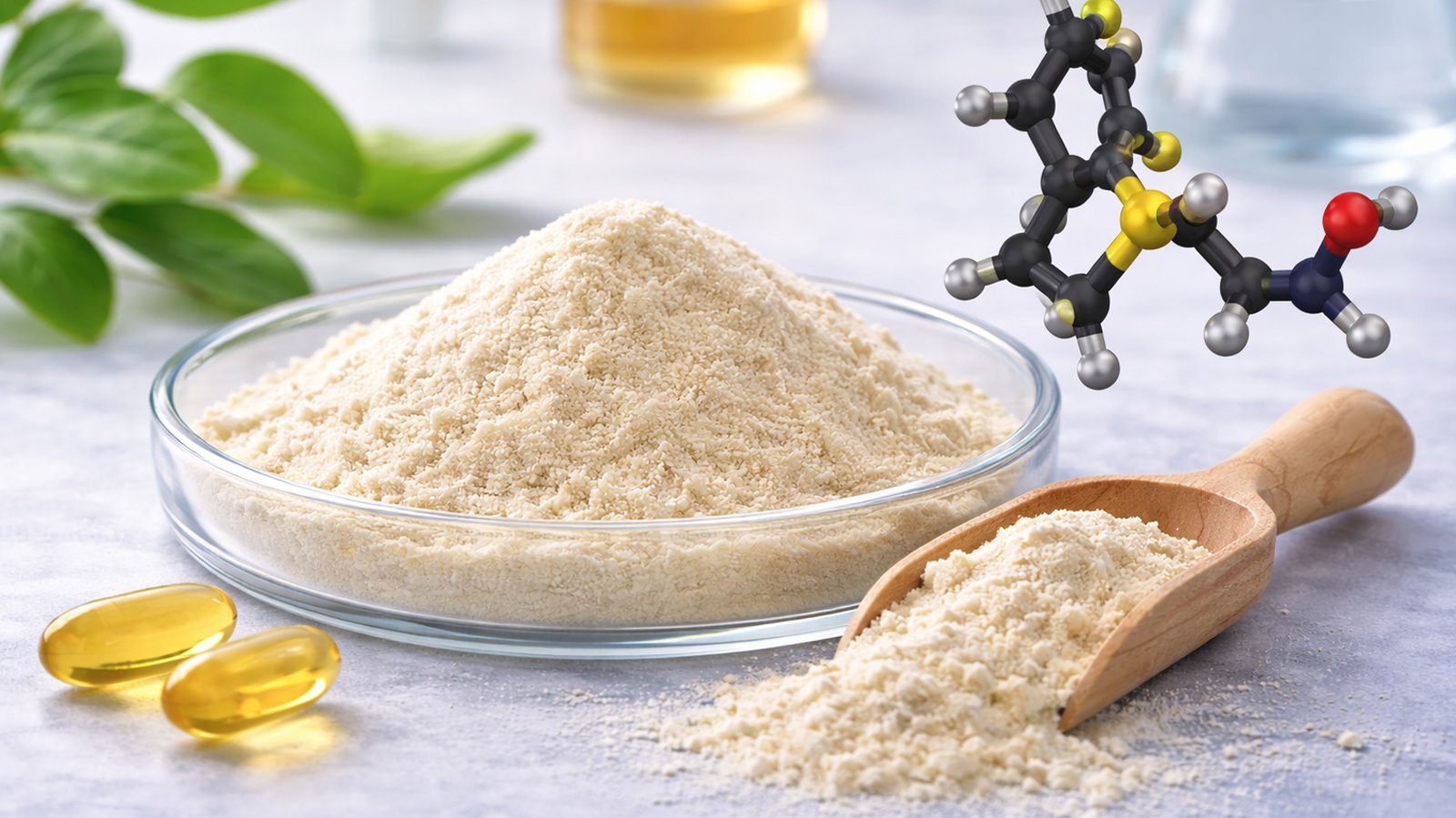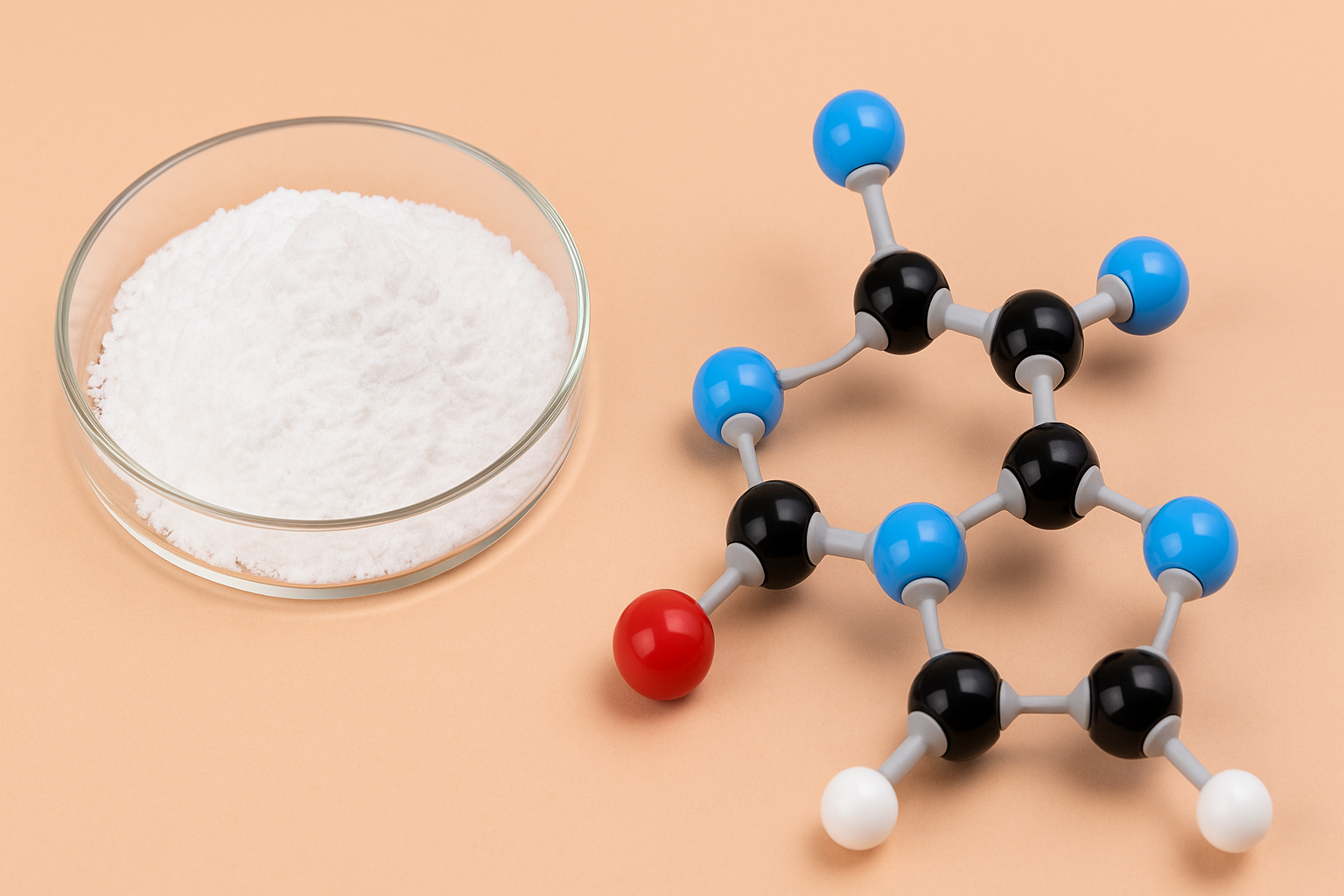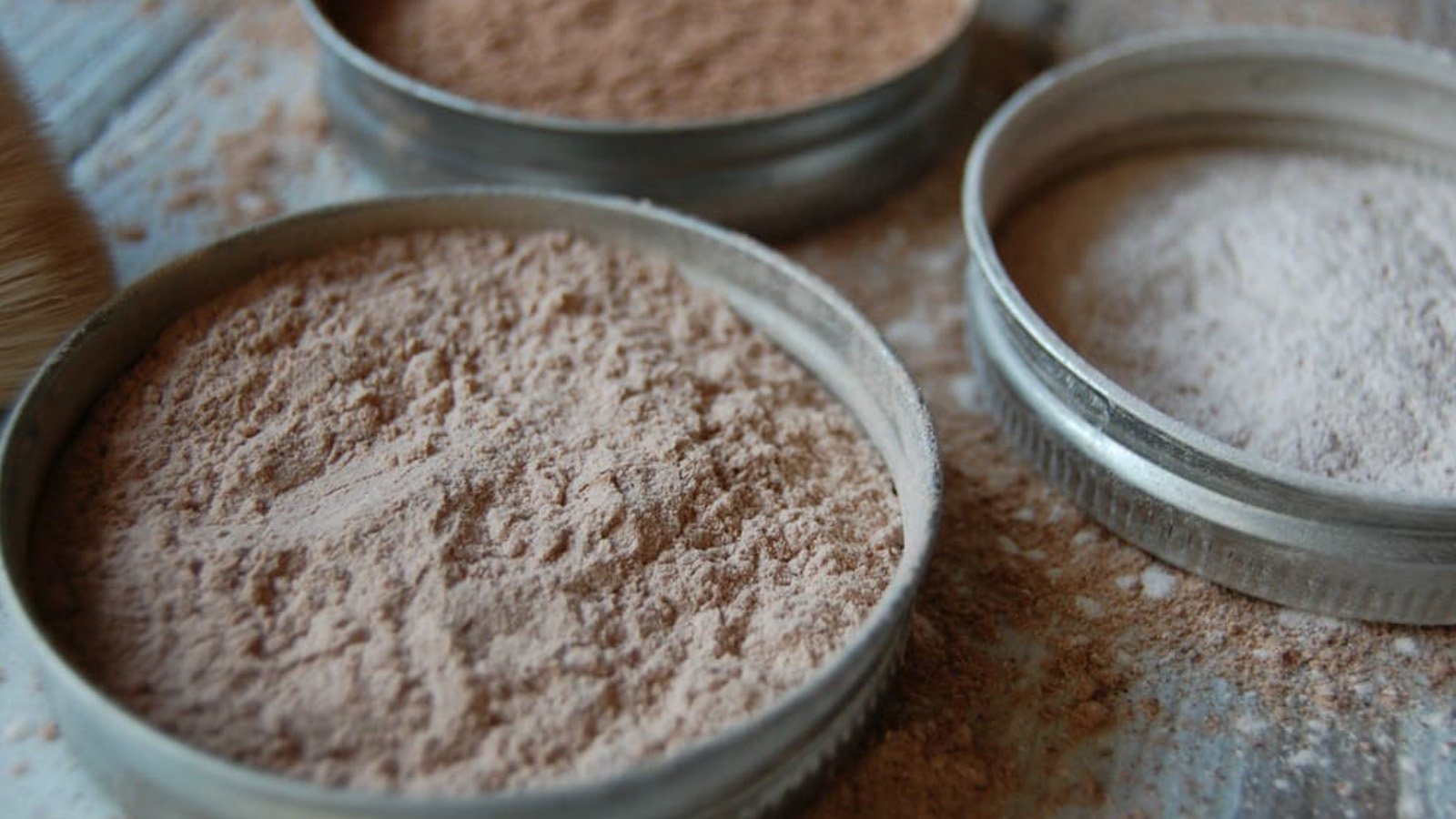When shopping for nutritional supplements or reading product labels, you may have come across the terms alpha-lipoic acid (ALA) and R-lipoic acid (R-ALA). Is alpha-lipoic acid the same as r-Lipoic acid powder? At first glance, they sound pretty similar—and it’s easy to assume they’re interchangeable. However, while they are closely related, there are some important differences between the two that both manufacturers and health-conscious consumers should understand.
In this blog post, we’ll unpack the key differences, explore how each works in the body, and help you determine which one might be better suited for your needs. Whether you’re a buyer looking for a trusted alpha lipoic acid bulk powder factory or a consumer simply trying to make sense of supplement labels, this guide will give you clarity.
🔍 What Is Alpha-Lipoic Acid?
Alpha-lipoic acid (ALA) is a naturally occurring compound that functions as a powerful antioxidant in the body. It’s found in every cell and plays a critical role in converting glucose into energy. Because it’s both fat- and water-soluble, ALA is often called a “universal antioxidant”.
Commercially, most alpha-lipoic acid powder on the market is synthesized in labs and typically contains a 50/50 mixture of two forms: the R-isomer (naturally occurring) and the S-isomer (synthetic).

🧪 So, What’s R-Lipoic Acid Then?
R-lipoic acid (R-ALA) is the biologically active isomer of alpha-lipoic acid. It’s the form that the human body naturally produces and utilizes in cellular processes. In short, it’s the “real deal” that’s been helping your body generate energy and fight off free radicals since day one.
However, R-ALA is less stable in its raw form and usually requires advanced manufacturing techniques to produce a shelf-stable supplement or raw material—this often makes it more expensive, but also potentially more bioavailable.
⚖️ Alpha-Lipoic Acid vs. R-Lipoic Acid: Key Differences
Here’s a breakdown to help you understand the distinctions:
| Feature | Alpha-Lipoic Acid (ALA) | R-Lipoic Acid (R-ALA) |
| Composition | 50% R-isomer, 50% S-isomer | 100% R-isomer |
| Source | Synthetic mixture | Naturally occurring isomer |
| Stability | More stable, easier to process | Less stable, more delicate |
| Bioavailability | Moderate | Higher (in most studies) |
| Cost | Lower | Higher |
| Common Use | General antioxidant supplement | Targeted therapeutic use |
🚀 How Do They Work in the Body?
Both ALA and R-ALA act as antioxidants, meaning they neutralize free radicals and help prevent cellular damage. In addition, they support mitochondrial function, promote glucose metabolism, and help regenerate other antioxidants like vitamin C and E.
However, R-ALA, being the form naturally produced in the body, is thought to be more efficiently absorbed and utilized. Some studies suggest that R-lipoic acid may provide stronger antioxidant support with smaller doses, although this also depends on formulation and delivery method.
🛒 Which One Should You Choose?
That depends on your goals:
If you’re looking for general antioxidant support, ALA is cost-effective and widely available.
If you;re focused on maximum potency, bioavailability, or have specific therapeutic needs (e.g., managing blood sugar or neuropathy), R-ALA might be the better pick.
For manufacturers and supplement brands, using high-quality alpha lipoic acid bulk powder ensures consistent formulations and competitive pricing.
Either way, it’s crucial to work with a reputable supplier to ensure you’re getting exactly what the label claims.
🌱 Why Buy Alpha-Lipoic Acid from Us?
At CHEN LANG BIO TECH, we specialize in manufacturing and supplying alpha lipoic acid bulk powder that meets strict quality standards.
Over 15 years of experience in nutraceutical raw material production;
ISO-certified facility with GMP-level production environment;
COA, MSDS, TDS, and third-party lab reports available for every batch;
Flexible packaging (1kg foil bag, 10kg/25kg drum) and custom labeling;
We accept small orders and provide global shipping support;
Prompt communication, professional service, and no middlemen markup.
💬 Frequently Asked Questions (FAQ)
Q1: Is R-lipoic acid stronger than alpha-lipoic acid?
Yes, R-ALA is often considered more potent because it’s the natural form used by the body. However, it’s also more delicate and costly.
Q2: Can I use alpha-lipoic acid for skin care products?
Absolutely. It’s a common ingredient in anti-aging and antioxidant serums thanks to its ability to reduce oxidative stress.
Q3: Do you offer COA and other technical documents?
Yes. We provide COA, MSDS, TDS, and stability data upon request.
Q4: What is your MOQ?
We support both small and bulk orders. MOQ is usually 1kg.
Q5: Can I buy your alpha-lipoic acid powder online?
Yes, we accept online orders, and our export team can handle fast international delivery.
✅ Final Thoughts
Is alpha-Lipoic acid the same as r-Lipoic acid? No, it is different. While alpha-lipoic acid and R-lipoic acid share a common foundation, their differences matter—especially when quality and efficacy are top priorities. Whether you’re formulating a new supplement, developing functional food products, or just want to optimize your health, understanding these forms helps you make smarter choices.
Ready to buy high-quality alpha lipoic acid bulk powder directly from the factory?
Contact us now at CHEN LANG BIO TECH — your trusted alpha lipoic acid manufacturer and supplier in China.
Email: extract@chenlangbio.com
Whatsapp: +86-18291400426






